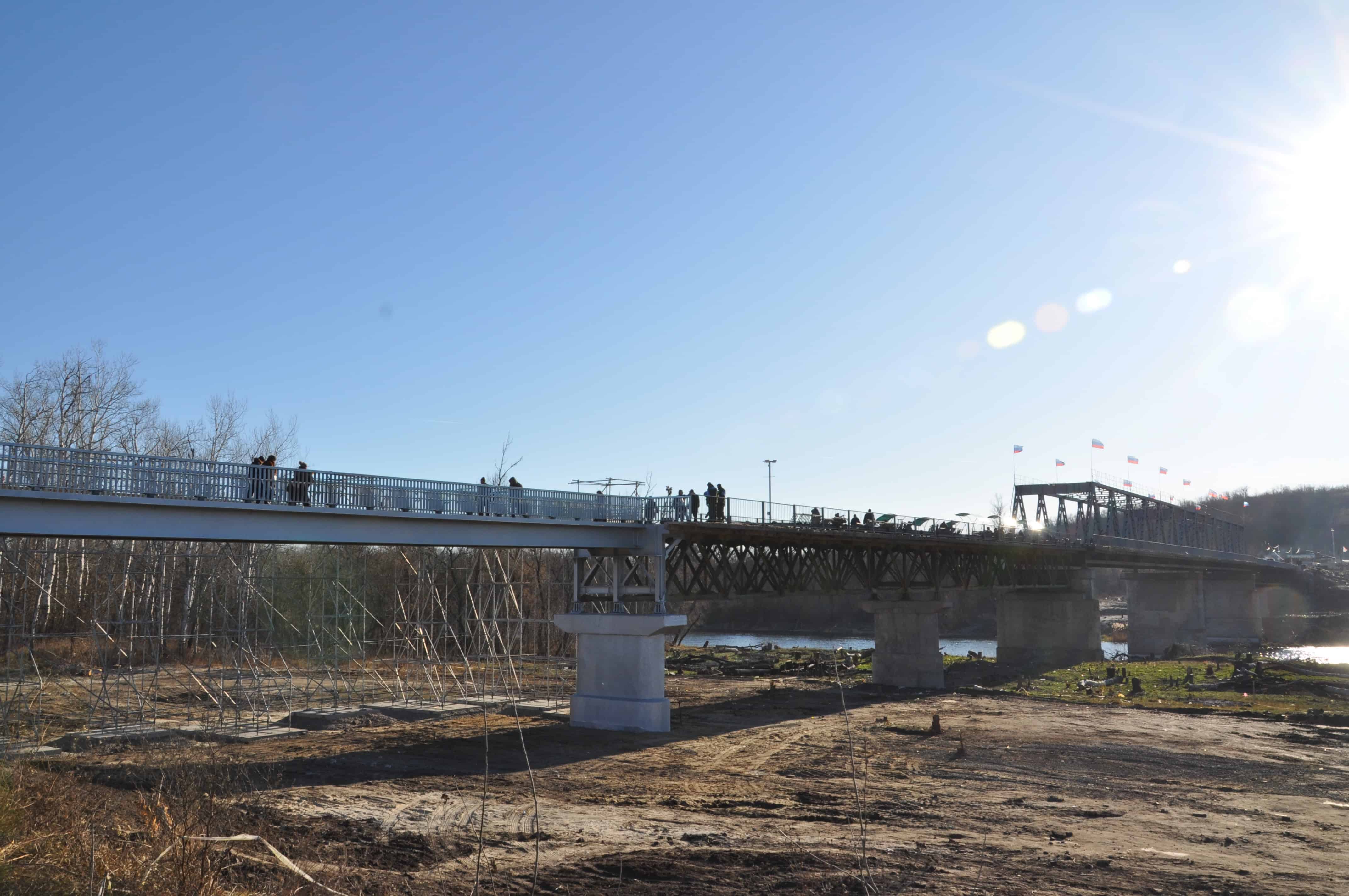

Ten years of hope. Luhansk journal
Oh, over these ten years, we have had so many hopes. Whatever have we not to dreamed about, spending nights without sleep, or waking up in the middle of the night, hoping that reality was a dream and the dream was reality.
Of course, without any deceit, we waited for a very long time for everything to be restored and everything to be as it was before. There were so many people who believed in this that those who thought otherwise seemed crazy. Only that some left hoping, and some stayed hoping. Nowadays, the latter are called “zhduny”, “the waiting ones”, and are sentenced to ten years to life. It has become a criminal offence to hope. But at first, we all hoped that the morning would come when we would go to our old jobs and there would be electricity, water, gas, and communication.
In the summer of 2014, an old man in my presence asked Dmitry Sidorov, the “minister of culture and sports” in the Luhansk “republic”, who was not a minister at the time but looked more like a young man, when ATMs would start working because he had pension left in his account that he had not had time to withdraw. And Sidorov, to somehow calm the old man down, promised him that everything would happen: definitely, but not immediately.
We have hoped. We might not even realise what we really wanted. Because all the political, military, and any other cataclysms around us have still boiled down to simple but important categories for everyone: family, friends, love, and freedom.
“We had been hoping for six months that he was alive,” the boy said about his dead father. The hope of finding his father, a former miner. And then, when they found him, the hope that that was not him. The hope that he was alive somewhere, incommunicado, wounded, without documents, with memory loss. An endless hope that everything will be as it was before. Family. Peace. Health. Work. Happy childhood. “Do you think he needs me?” an old lady asks me about her grown-up son who has left. And his answer is categorical: “No, I’m not coming to her funeral.”
This is how crockery smashes against tiles on the floor: thousands of shards, the pattern of which only guesses at the former plot. “For some reason, her husband’s body was found in the Donetsk “republic” six months later. Her biggest regret is that she did not have time to get pregnant.” This picture of hope is like a fancy lace made of the finest thread. Will the children return? Or just – will they come? At least once! Hope became tangible, perceivable, with a taste of tears. There were probably happy hopes, but more often there were bitter ones.
It took ten years to learn how to live for nothing, one day at a time. It was a discovery that you can live simply, from one day to the next, from advance to salary, without all the painful anchors.
My friend is running to a bus stop with crazy eyes. She never used to walk before. Her husband used to drive her around. They were a wealthy and very happy couple. They didn’t leave in the summer of 2014 – like many people, they were waiting for everything to be as it was before. But they were accused of sabotage, and her husband took it all upon himself. She’s like a match, like a grenade without a pin. I avoid looking at her, it’s scary. She is running to the bus stop, hoping to change the situation they are in. She has become all hope for something. A living hope that doesn’t look much like the person she used to be.
There have been thousands of hopes in these ten years. Some have crumbled to ashes, and some have gone into the sand because they were useless. Alongside the huge tragedies that a lifetime is not enough to overcome, a new life has been built. New families have been putting down roots. Real estate has been bought, hopes for housing, jobs, and cars have been realised.
New hopes have sprouted from the ashes of someone’s dashed hopes. “We bought an apartment in Luhansk,” a woman explains to the cashier at the checkout window. “There are a lot of such cases now. Apartments are sold with everything – furniture, dishes, carpets, the past. You can buy someone’s life and hopes right away. “The most difficult thing was with books. No one wanted them. I called the library, but they were not very happy. And in my mother-in-law’s apartment, there were three walls of one room full of books. So I took them all to the landfill. You can’t even imagine how much stuff you find in an apartment where people have lived their whole lives.”
Flexibility turned out to be the best tactic. To live from goal to goal, as in a short-distance run. Not to wait, but to act. Not to dream, but to move forward with determination. Not to criticise, analyse or compare. To live without a second chance and amendments, straight to the finish line.
There are so many people who can’t swim. Those who are alive but drowned in these unrealised hopes. Someone who talks about what could have been and probably would have been. Someone who continues to wait by inertia, cautiously peeking around the corner and hoping for something. “We wanted to, but it didn’t work out. We were supposed to, but there was a war. At first, it didn’t work out, and then there was no time for that.”
And over time, it becomes clear that the winner was the one who acted. Those who took short steps between dreams, who saw the good and believed in it. Those who managed to push back against unfulfilled hopes and swim out.
Olga Kucher, Luhansk, for OstroV